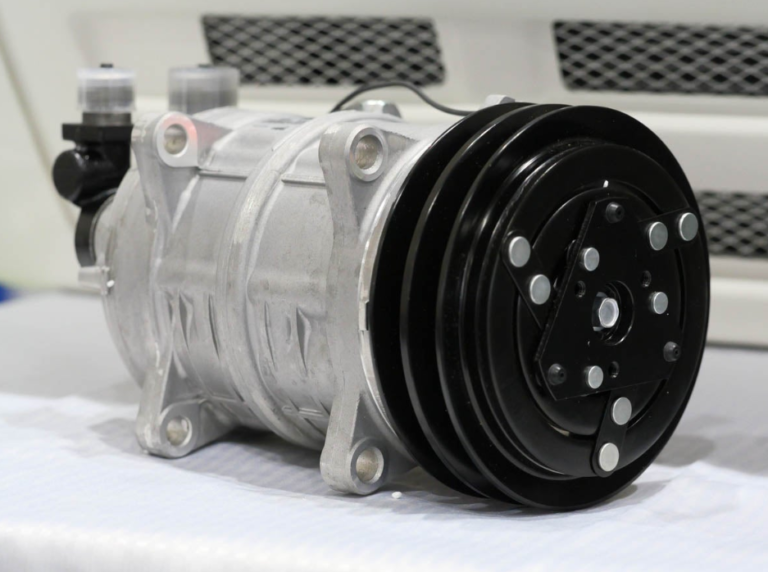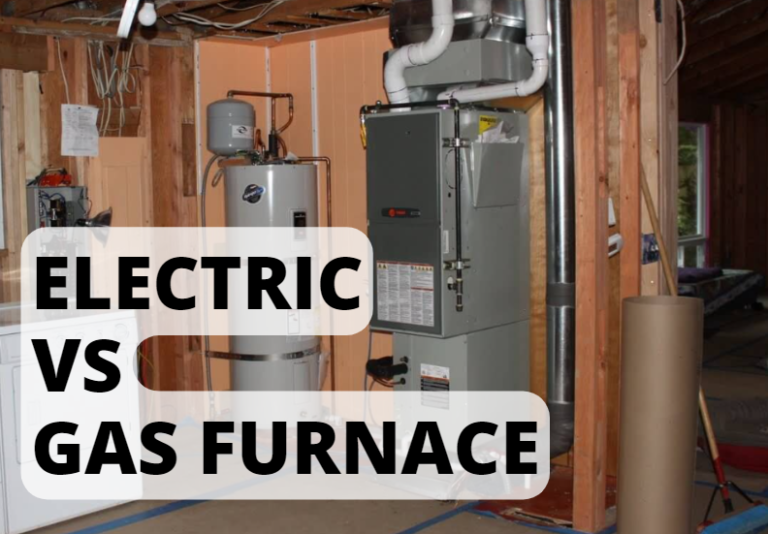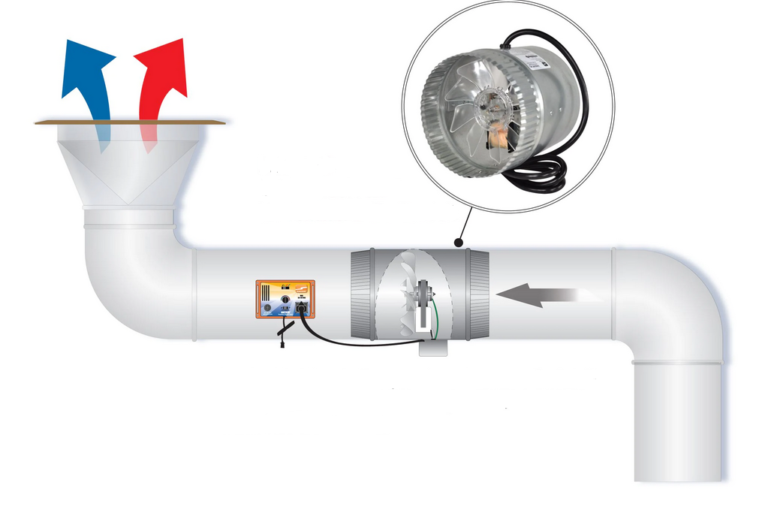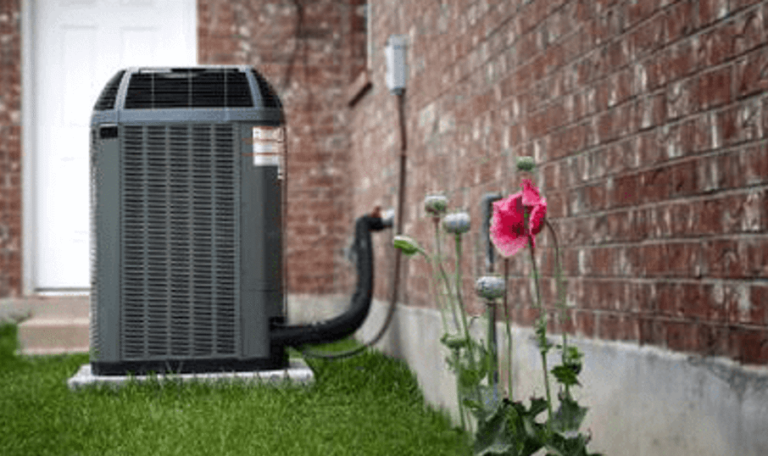Heat Pump Water Heaters: Pros And Cons
Initially, water heaters were sold as simple electric resistance appliances on the market, but as more affordable and effective technologies were created over time, low-consumption water heaters such heat pump water heaters were introduced.
Introduction
The primary factors influencing consumer decisions today are energy conservation and a reduction in pollution emissions.
The heat pump water heater is a cost-effective solution for producing hot water, but there are some benefits and drawbacks to be aware of, depending on the climatic conditions of the installation site, the kind of building, and the usage circumstances.
How does a heat pump water heater work?
The heat pump water heater operates on the same principles as air conditioners and other systems that rely on this kind of thermal equipment.
Basically, the heat pump simply extracts the thermal energy from the air and, in the case of a water heater, transfers it to the water in the tank to heat it to a temperature of 45 to 60 degrees Celsius or higher, based on the options of the appliance or how it is configured.
The transfer is carried out by a refrigerant’s constant state changes as it circulates in a closed system made up of a compressor, a condenser, an expansion valve, and an evaporator. Therefore, in theory, it still needs electricity to operate the compressor, but far less of it than a typical electric water heater would use, whether it be a storage or instantaneous water heater.

The pros and cons of the heat pump water heater
Pros: Consumption
The primary benefit of a heat pump water heater is that it uses only 25% of the energy needed by a conventional electric water heater, which equates to an energy savings of up to 75%. Additionally, because a heat pump is a closed system, it emits no harmful emissions.
Cons: Bulk Size
Since there is a heat pump on top of it, which obviously requires more room than a simple elemental heater, a heat pump water heater occupies more space than a conventional one.
Cons: More complex maintenance
The heat pump is a significantly more complicated mechanism than other, more conventional technologies, hence the device needs more thorough routine maintenance.
Maintenance must include routine cleaning of the filters, condensate drain pipe, condenser, and evaporator.
Cons: Climate-dependent efficiency
The climate of the region where the building or installation room is located may have a significant impact on the system’s performance.
If the unit doesn’t have an internal defroster, frost could readily accumulate on the evaporator in climate zones with extremely severe winters, for instance, reducing performance of the unit.
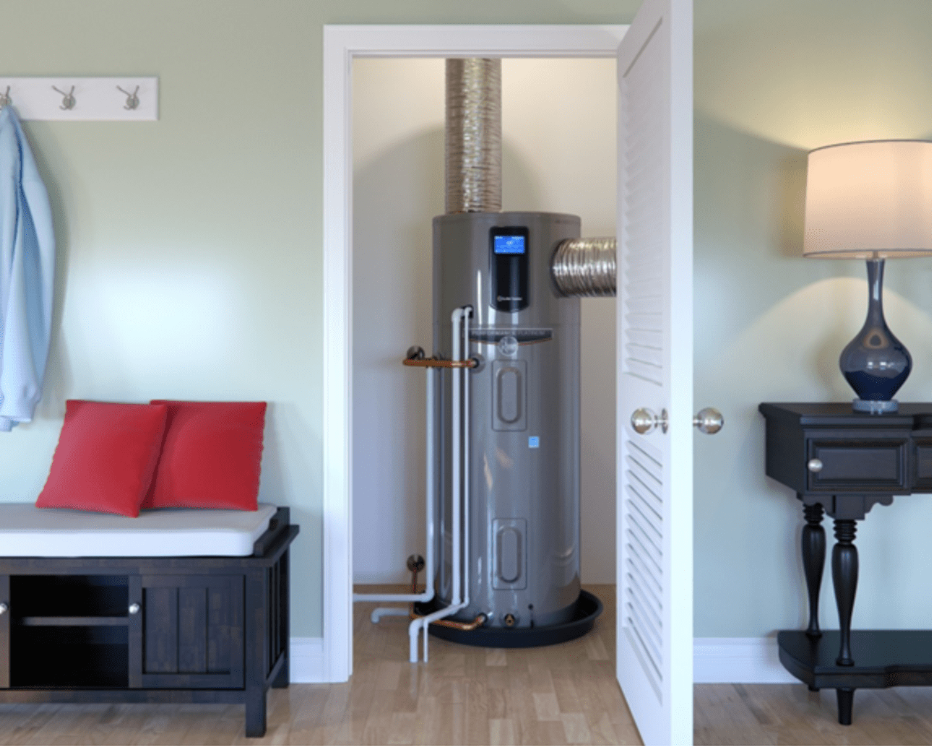
Comparison of heat pump water heaters and other traditional models
Here is a comparison of the various types of water heaters so that you can decide which one to select dependent on the specific of use.
Electric water heater
The electric water heater is essentially a container with a metal coil inside of it acting as a resistor. When an electric current is passed through it, the coil overheats and gives off heat to the water around it. This process is typically slow and can even last for several hours, and the walls are made of special materials that cannot stop the heat from naturally escaping to the outside and causing the stored heat to cool.
Such a water heater has the undeniable benefit of providing a reserve of hot water, albeit for a relatively brief period of time, and using it as needed. Additionally, being a relatively basic device in terms of construction, it requires little maintenance and can be installed anywhere in the home.
However, a significant amount of energy is needed to heat the volume of water in the water heater: for smaller ones, as little as 15 minutes is sufficient, but the water reserve is quickly used up, necessitating continuous thermostat activation, while larger ones require several hours, and once the reserve of hot water in them is used up, long waiting times are required to get hot water again.
When choosing a water heater, it is important to keep in mind that the size generally has an impact on the amount of power used and the time needed to heat the water.
Gas water heater
The gas water heater, unlike the electric one, lacks a storage tank because hot water is produced instantly by burning gas, typically methane: inside the boiler, water flows in a coil that, when it is turned on, is invested by the flame that results from the combustion of gas, which generates a rapid heating of the circulating volume of water.
The flame goes out when the faucet is turned off, stopping the consumption of methane. This feature translates into huge financial savings because it eliminates the need for the water heater to run continuously throughout the day, as is the case with electric water heaters.
The gas system is more expensive than the traditional water heater, requires a more difficult installation and the technician’s certification, as well as pricey routine maintenance. The costs increase further if there is no gas connection at the location of the house where you intend to install it, an occurrence that frequently happens when you want to replace the existing electric water heater.
The best gas water heaters are unquestionably electronic condensing water heaters, which guarantee lower energy consumption by utilizing the latent heat of combustion fumes to pre-heat the water while reducing actual gas consumption. In addition, the electronic control enables ignition without the use of a pilot flame, and the modulation of the various parameters ensures that combustion is always efficient.
What is a heat pump water heater?
Heat pump water heaters work on a very straightforward principle: a refrigerant fluid is cycled in a coil, which transfers heat energy from the ambient air to the water that has to be heated.
Since the entire system consists primarily of a fan, a compressor, a condenser, an expansion valve, and an evaporator, we can see that the only electrical energy consumed is that required to start and maintain the intake fan and the compressor, which transports the refrigerant fluid through the system.
When considering that the average value of the coefficient of performance is around 3, it is clear why this is a highly efficient system that ensures a reduction in energy consumption of about 70%. Heat pump water heaters are distinguished by this parameter, which represents the ratio between the energy transferred to the water to be heated and the electrical energy consumed.
Conclusion: are heat pump water heaters worth it?
Overall, therefore, heat pump water heaters are not advised for one-bedroom apartments, unless you have the option of installing them in the basement. They are best suited for large families and larger residences, which have more accessible space for installation.

